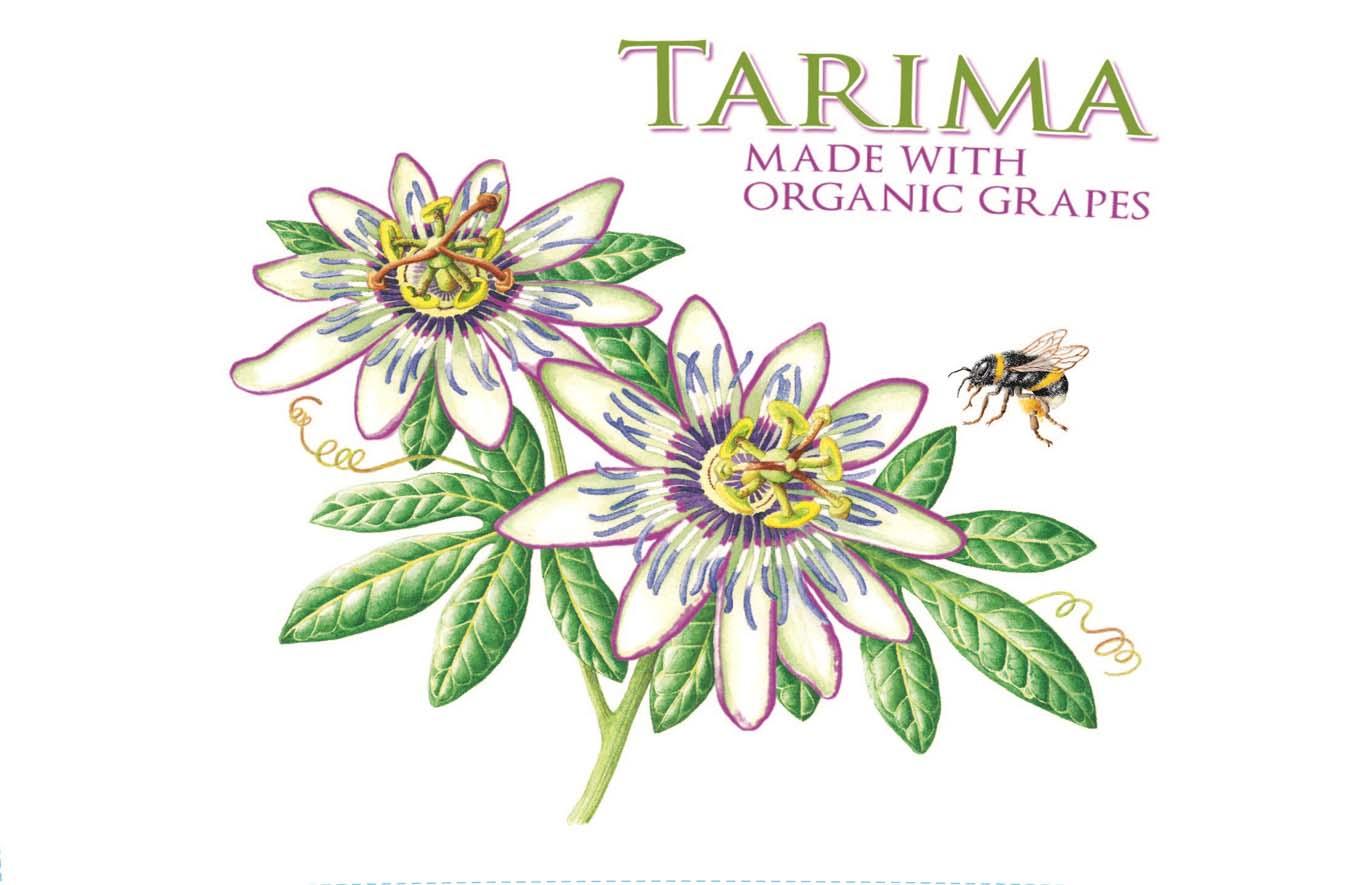2014 Alicante Monastrell
Tarima Organic Monastrell from the 2014 vintage hails from the sun-kissed Alicante region of Spain, showcasing a vibrant red hue that captivates at first glance. This wine presents a medium body that harmoniously balances its robust character with an inviting softness. The acidity is bright and lively, enhancing the overall freshness of the wine while making it incredibly food-friendly. Notably, the fruit intensity shines through with prominent notes of dark berries and plums, creating a rich and enticing profile. Tannins are noticeable yet smooth, providing structure without overpowering the palate. This organic gem embodies a dry style that allows its fruit characteristics to take center stage, making it an excellent choice for various occasions.
Tarima Organic Monastrell from the 2014 vintage hails from the sun-kissed Alicante region of Spain, showcasing a vibrant red hue that captivates at first glance. This wine presents a medium body that harmoniously balances its robust character with an inviting softness. The acidity is bright and lively, enhancing the overall freshness of the wine while making it incredibly food-friendly. Notably, the fruit intensity shines through with prominent notes of dark berries and plums, creating a rich and enticing profile. Tannins are noticeable yet smooth, providing structure without overpowering the palate. This organic gem embodies a dry style that allows its fruit characteristics to take center stage, making it an excellent choice for various occasions.




